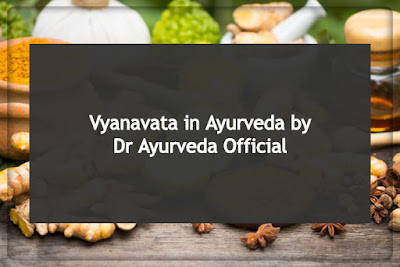There are 5 types of Vata:
The Vyanavata controls the voluntary movements in the body.
Location:
No specific place as location of Vyana has been mentioned by Charaka and Susruta, but both agreed that it pervades swiftly through the body. According to Vagbhata Vyana is located in Hridaya (heart), but transverses throughout the body very swiftly.
Functions:
According to Susruta, the functions of vyana vata include effective transport and circulation of Rasa – Rasadhatu or Aahararasa (the nutrients absorbed from food digestion) in the body and outflow of blood and sweat from the body.
In Ashtangasangraha, Vagbhata added the functions of yawning, recognizing the taste of the food, cleansing the channels, depositing the semen inside the vaginal cavity and separating the essence of food from the waste matter and nourishing the dhatus (tissues).
- Pranavata
- Udanavata
- Vyanavata
- Samanavata
- Apanavata
The Vyanavata controls the voluntary movements in the body.
Location:
No specific place as location of Vyana has been mentioned by Charaka and Susruta, but both agreed that it pervades swiftly through the body. According to Vagbhata Vyana is located in Hridaya (heart), but transverses throughout the body very swiftly.
Functions:
According to Susruta, the functions of vyana vata include effective transport and circulation of Rasa – Rasadhatu or Aahararasa (the nutrients absorbed from food digestion) in the body and outflow of blood and sweat from the body.
In Ashtangasangraha, Vagbhata added the functions of yawning, recognizing the taste of the food, cleansing the channels, depositing the semen inside the vaginal cavity and separating the essence of food from the waste matter and nourishing the dhatus (tissues).

No comments:
Post a Comment
Note: Only a member of this blog may post a comment.